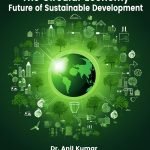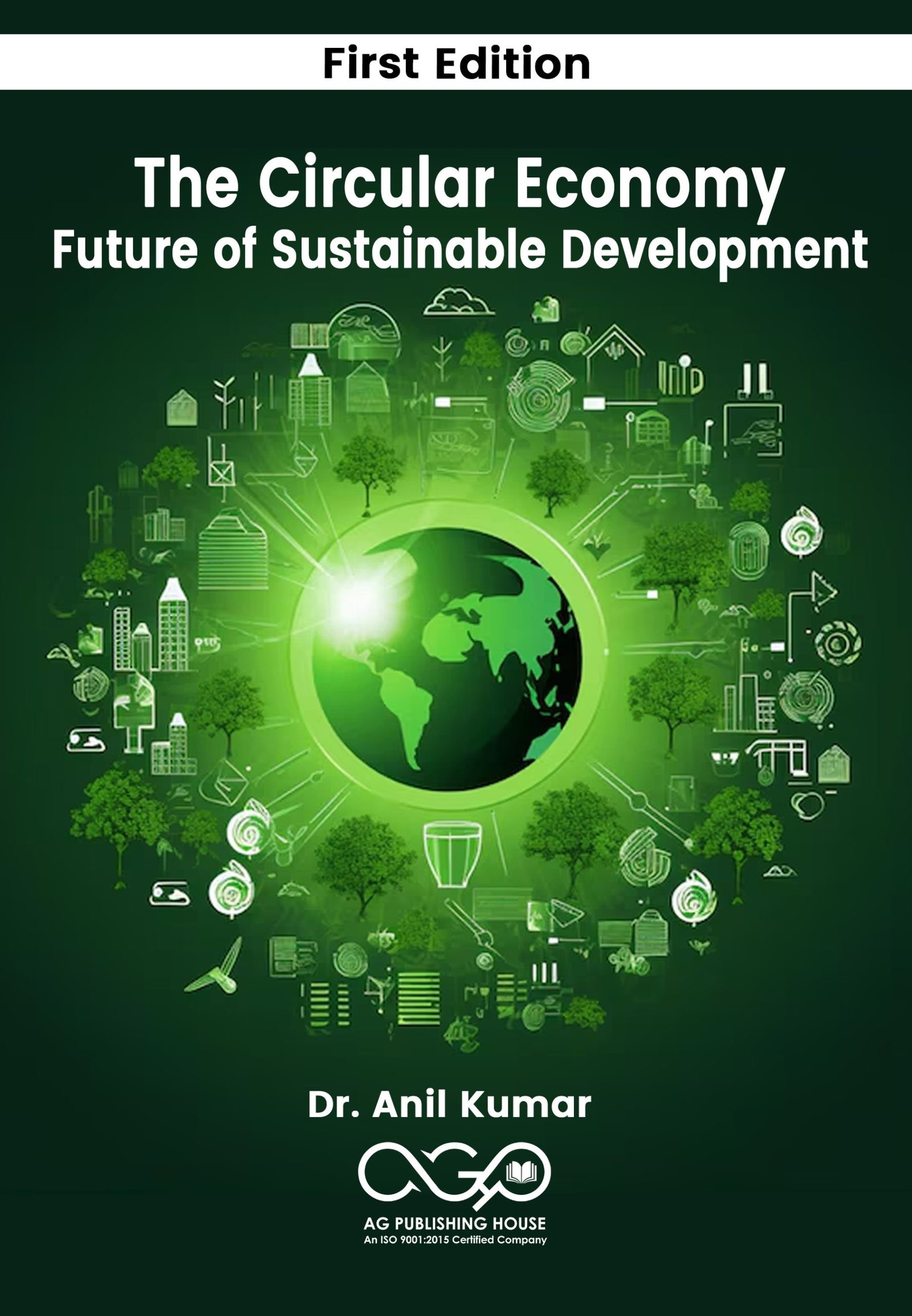The Circular Economy: Future of Sustainable Development
₹590.00
Availability: 2 in stock

Best Quality
Premium products crafted with care, ensuring long-lasting durability and reliability.

Good Shipping
Fast, secure delivery with reliable courier services for your benefits.

Cost Effective
Affordable pricing, discounts, and exceptional value without compromising quality.
The Circular Economy: Future of Sustainable Development
₹590.00
Availability: 2 in stock

Best Quality
Premium products crafted with care, ensuring long-lasting durability and reliability.

Cost Effective
Affordable pricing, discounts, and exceptional value without compromising quality.

Good Shipping
Fast, secure delivery and easy with reliable courier services for your benefits of the customer.

Excellent Service
Dedicated support team available to assist with any questions or concerns.
The concept of the Circular Economy (CE) has emerged as one of the most transformative paradigms of the 21st century, presenting a sustainable alternative to the linear “take-make-dispose” economic model. In a world where finite resources are depleting rapidly and environmental challenges such as climate change, biodiversity loss, and waste mismanagement are mounting, CE offers a beacon of hope. It seeks to decouple economic growth from resource consumption by promoting resource efficiency, waste minimization, and the regeneration of natural systems.
This book, titled “Circular Economy: Principles, Practices, and Pathways,” is an endeavor to explore the multifaceted dimensions of CE from a global perspective, with a particular emphasis on India. As the world’s fifth-largest economy and a rapidly developing nation, India stands at a critical juncture where integrating CE principles can simultaneously address environmental challenges and unlock immense economic potential.
The book has been meticulously structured to provide readers with a comprehensive understanding of CE, ranging from its foundational principles to its real-world applications and the opportunities it presents. The chapters delve into diverse aspects of CE, including systems thinking, waste management, industrial symbiosis, renewable resources, and circular design. It also sheds light on the strengths, weaknesses, opportunities, and threats specific to India, supported by authentic data, scientific insights, and case studies.
Recognizing that CE is not a one-size-fits-all solution, the book acknowledges the unique socio-economic, cultural, and political contexts that influence its implementation. India’s vast informal sector, for instance, plays a dual role, both as a strength in efficient waste recycling and as a challenge due to environmental and health risks. Similarly, policy frameworks, technological advancements, and consumer behavior significantly shape the success of CE initiatives.
The narrative is enriched with practical examples from around the globe, such as industrial symbiosis in Denmark, closed-loop recycling in Japan, and circular business models in Europe. These are juxtaposed with India-centric practices like waste-to-energy projects, recycling of construction and demolition waste, and sustainable agriculture using crop residues.
This book is the culmination of extensive research, blending academic rigor with practical insights to cater to a wide audience. Policymakers, industry leaders, academicians, researchers, and students will find it a valuable resource. It aims not only to inform but also to inspire action toward adopting CE principles to build a sustainable future.
I extend my heartfelt gratitude to all the individuals and institutions that contributed to this book. Their expertise and support have been invaluable in shaping the content. I also acknowledge the policymakers, entrepreneurs, and grassroots organizations whose innovative approaches to CE have provided much of the inspiration and examples featured in this work.
It is my hope that this book will serve as a catalyst for thought and action, fostering collaboration among stakeholders to create a resilient, inclusive, and sustainable economy. While the challenges of transitioning to a circular economy are substantial, the rewards—for society, the economy, and the planet—are far greater.
Let us embark on this journey together, embracing the promise of a circular economy for the benefit of current and future generations.
Q & A
 The Circular Economy: Future of Sustainable Development
The Circular Economy: Future of Sustainable Development
| Weight | 0.350 kg |
|---|---|
| Dimensions | 23 × 15 × 2.5 cm |
| Name of Author | Dr. Anil Kumar |
| ISBN Number | 978-93-49028-50-0 |
| No. of Pages | 263 |
Customer Review
 The Circular Economy: Future of Sustainable Development
The Circular Economy: Future of Sustainable Development
| 5 star | 0% | |
| 4 star | 0% | |
| 3 star | 0% | |
| 2 star | 0% | |
| 1 star | 0% |
Sorry, no reviews match your current selections





